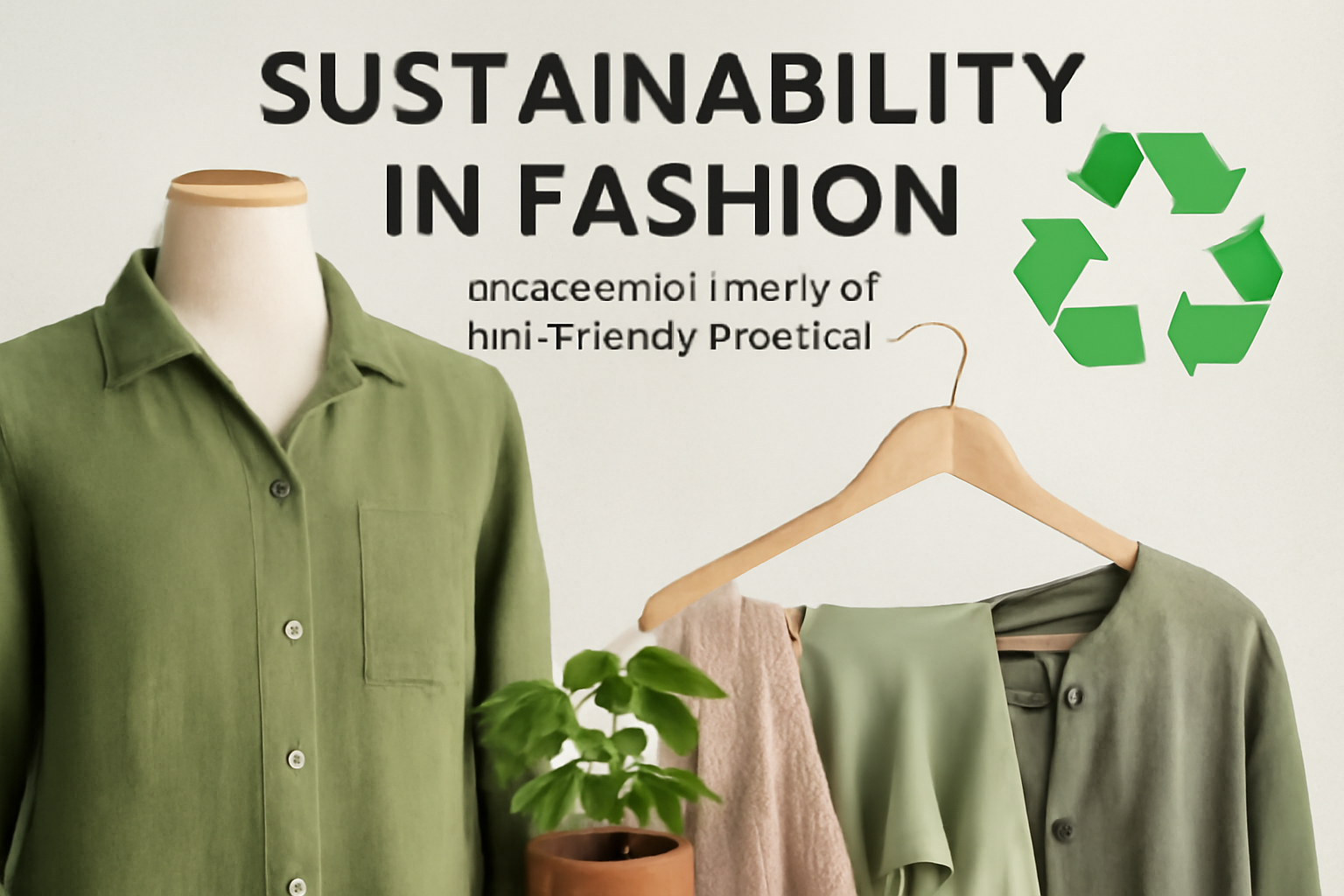Location
Mount Vernon, WA 98274
Location
Mount Vernon, WA 98274

As sustainability becomes a critical focus for consumers, the fashion industry is responding with innovative trends and eco-friendly practices. This article explores how brands are shifting towards greener alternatives and what this means for the future of apparel.
The fashion industry is undergoing a seismic shift as 2023 sees sustainability becoming a paramount concern among consumers. With a growing awareness of environmental issues, brands are stepping up to make significant changes in their operations and offerings. From eco-friendly materials to ethical labor practices, the movement toward sustainable fashion is not just a trend but a necessary evolution.
One of the most exciting developments in sustainable fashion is the rise of biodegradable fabrics. Brands like Stella McCartney and Eileen Fisher are leading the charge by incorporating materials such as organic cotton, Tencel, and even innovative options like mushroom leather. These materials not only reduce the carbon footprint but also decompose naturally, lessening the burden on landfills.
Additionally, fashion rental services have gained momentum this year. Platforms such as Rent the Runway and HURR Collective allow consumers to access high-quality garments without the commitment of purchase, promoting a circular economy. This model not only reduces waste but also gives consumers the opportunity to experiment with their style without the guilt associated with fast fashion.
Moreover, brands are increasingly transparent about their supply chains, providing consumers with detailed information about the sourcing and production processes of their garments. This transparency fosters trust and encourages consumers to make more informed purchasing decisions. According to a recent survey, over 70% of shoppers express a preference for brands that are open about their environmental impact and labor practices.
Another trend gaining traction is the emphasis on timeless pieces over fast fashion. Consumers are gravitating towards quality over quantity, opting for versatile items that can be worn in multiple ways. Capsule wardrobes are becoming popular, promoting the idea that less is more. This shift not only encourages sustainable consumption but also allows individuals to curate a personal style that reflects their identity.
As we look ahead, the future of fashion appears to be rooted in sustainability, innovation, and inclusivity. Brands that adapt to these changes will likely thrive, while those that cling to outdated practices may struggle to keep up. The call for change is louder than ever, and the fashion industry is responding in ways that could reshape the landscape for years to come.